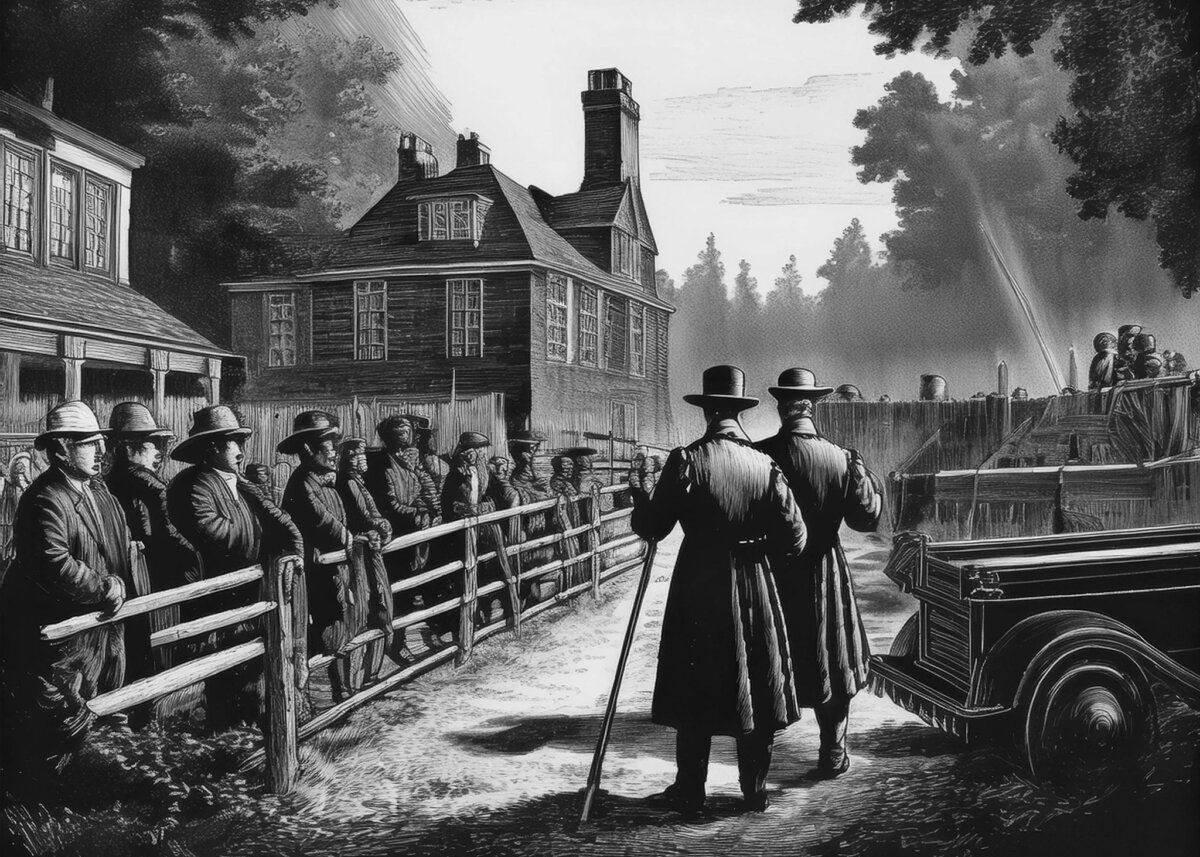The “Real Party in Title” concept is an essential aspect of property law that determines who legally holds the title to a property. This individual or entity is the recognized owner, with rights to control, transfer, or encumber the property. Understanding the real party in title can help avoid legal disputes, especially in mortgages, property inheritance, partnerships, or trusts.
What is the “Real Party in Title”?
The “Real Party in Title” refers to the person or entity that holds the legal title to a property and, therefore, has the rights associated with ownership. This differs from an “equitable interest,” where a person may have a beneficial or financial interest in the property but does not hold the title. The real party in title holds actual ownership, as reflected in official property records or titles.
In legal actions or property disputes, the real party in the title is essential because only those who hold the title can initiate or be involved in legal proceedings regarding the property, such as buying, selling, or litigating issues related to ownership.
Importance of Determining the Real Party in Title
Identifying the real party in the title is crucial for several reasons:
- Legal Ownership Rights: The real party in title has the right to control, lease, or sell the property. This clear designation prevents unauthorized transactions and safeguards property rights.
- Conflict Resolution: Determining the real party in title can help avoid disputes, particularly when multiple parties claim ownership or have stakes in the property.
- Estate and Inheritance Planning: When planning for an inheritance, knowing the real party in the title is essential to ensure property transfers smoothly to heirs without legal obstacles.
- Real Estate Transactions: Buyers, sellers, and lenders must confirm the real party in title to avoid fraudulent transactions or misrepresentations of ownership.
- Tax and Financial Implications: The person or entity in the title may have specific tax responsibilities. Identifying the real party in the title helps ensure that the right individual or organization is meeting these obligations.
Real Party in Title vs. Beneficial Owner
In many property agreements, the real party in title differs from the beneficial owner. Here’s a quick comparison:
- Real Party in Title: This party holds legal ownership and is recognized by law as the property owner. This party’s name is on the title, and they control the property.
- Beneficial Owner: This person may have a financial interest in the property or benefit from its value, but they don’t hold the title. For example, in trust agreements, the trustee is often the real party in title. At the same time, the beneficiaries are the beneficial owners.
When someone holds property “in trust” or as part of a corporate structure, the beneficial owner is entitled to profits or benefits from the property but is not the official, legal titleholder.
Scenarios Where the Real Party in Title is Essential
The distinction of the real party in the title is vital in several legal and practical contexts:
- Trusts and Estates: In estate planning, property is often placed in trusts, where a trustee holds the title but must act in the beneficiaries’ best interests. Here, the trustee is the real party in the title, while the beneficiaries have equitable interest in the property.
- Business Partnerships and Corporations: The company may be the real party in the title for business-owned real estate, even if the business partners benefit from the property’s value. This structure protects partners’ assets from business liabilities.
- Mortgage Agreements: When a mortgage lender holds a lien on a property, they have a financial interest but not title ownership. The real party in the title is the borrower, who remains the legal owner but must adhere to mortgage terms.
- Real Estate Investment Trusts (REITs): In REITs, the trust or fund holds the title to multiple properties, while investors have a beneficial interest. Investors earn from property income but are not the real party in the title for any properties in the trust.
- Divorce and Separation Agreements: When dividing property during divorce, it’s crucial to determine who the real party in title is to facilitate fair division or transfer of ownership.
Legal Implications and Disputes Involving Real Party in Title
Understanding who holds the title is essential in legal cases involving property rights, where parties may dispute ownership. Here are typical examples where the real party in title plays a significant role:
- Partition Actions: In cases of co-owned property, one party may initiate a partition action to sell or divide the property. The court needs to identify the real party in title to proceed.
- Quiet Title Actions: These actions resolve disputes over property ownership. The court identifies the rightful titleholder to “quiet” any conflicting claims.
- Foreclosures: In a foreclosure, the lender may become the real party in title after a borrower defaults, transferring ownership rights to the lender.
- Probate Cases: When a property owner passes away, the probate court examines the real party in title to distribute property according to the deceased’s will or access inheritance laws if no will exists.
How to Determine the Real Party in Title
In real estate, verifying the real party in title typically involves checking official documents and property records. Here are the standard methods:
- Title Deed: The title deed is the primary document indicating legal ownership of a property. The name on the title deed is the real party in the title.
- Public Records Search: Many county or city offices maintain online property records where you can confirm the titleholder.
- Title Insurance Companies: In real estate transactions, title insurance companies conduct a title search to confirm the property’s real party in the title and ensure no outstanding claims exist.
- Legal Consultation: When dealing with complex cases—like trusts, business-owned properties, or disputed ownership—a real estate attorney can review documents and clarify the title status.
Changing the Real Party in Title
Changing the real party in title is expected in property sales, estate planning, and certain legal agreements. To transfer the title, follow these steps:
- Draft a New Title Deed: You must create a new title deed reflecting the new owner’s name. Depending on the transfer type, this should be a “grant deed,” “quitclaim deed,“ or “warranty deed,“ with Local Authorities: The deed must be filed with the local recorder’s office to be legally binding. A filing fee is usually required, and the property’s assessed value may affect tax implications.
- Notify Interested Parties: Notifying these parties about the title change can help avoid complications if the property has liens, mortgage lenders, or tenants.
Conclusion
Understanding the real party in the title is crucial in property ownership, transactions, and legal actions. Knowing who holds the legal title to a property can help prevent disputes and secure your rights, whether you’re a property owner, buyer, investor, or business partner. Identifying the real party in title is particularly important in estate planning, mortgage agreements, and trust management, where clarity in ownership is essential. If you’re dealing with complex ownership structures or navigating legal matters, consulting a real estate attorney can help ensure
Learn more about our comprehensive title insurance services here.
Thank you for reading! If you enjoyed this article and want to explore more content on similar topics, check out our other blogs at Sonic Loans, Sonic Realty, and Sonic Title. We have a wealth of information designed to help you navigate the world of real estate and finance. Happy reading!
Understanding Chain of Title: Why History Matters in Real Estate
Title Insurance vs. Home Insurance: Understanding the Crucial Differences
The Evolution of Title Insurance: From 1868 to Today
How Technology Is Revolutionizing the Title Insurance Industry
Understanding Closing Costs: What First-Time Buyers Need to Know
What Exactly Is Title Insurance? A First-Time Buyer’s Complete Guide
What are the top home title questions in 2025
The 7 Most Common Title Issues That Could Derail Your Home Purchase
Understanding Zoning: The Framework That Shapes Urban Spaces











